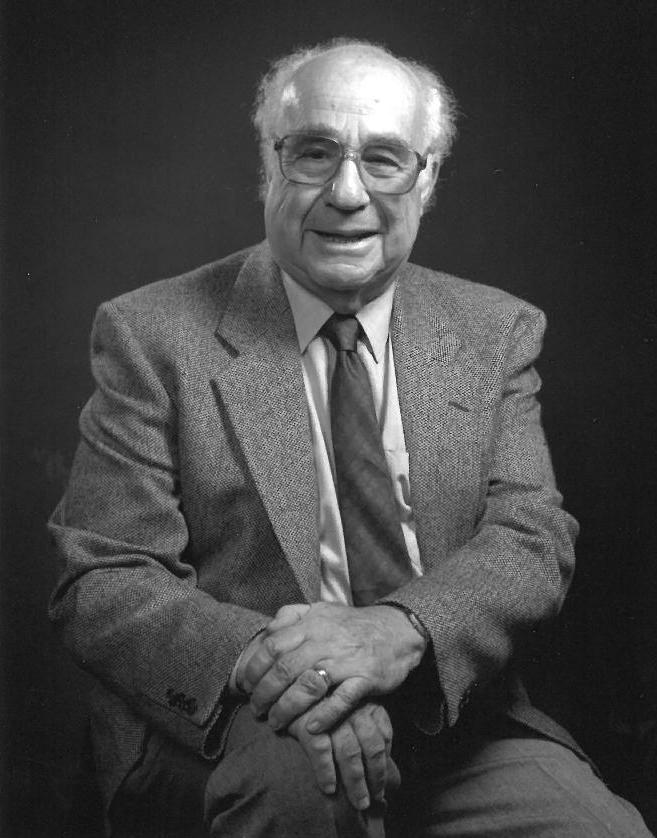What is overt prestige?
Social respect for a language form
What is a dialect?
A regional or social language variety
Which four types of linguistic variation contribute to differences within English speech communities?
Phonological, lexical, syntactic, and morphological variation
What is the primary function of a speech community?
Facilitating communication among its members
What is standard English?
The prestigious, formal form of English
What hidden type of prestige motivates the use of non-standard language?
Covert prestige
What are dialects distinguished by?
Grammar, vocabulary, and pronunciation
What does mutual intelligibility mean?
Understanding between varieties
Example of a speech community
Residents of a small town or village sharing a local dialect, Speakers of African American Vernacular English, the teenage youth across English-speaking countries sharing youth slang, medical professionals using specialized medical jargon, members of an ethnic group using a distinct language variety...
Which kind of English is typically associated with published written texts and educated speakers?
Standard English
What type of social value is gained by using non-standard language within a close-knit group?
Group identity
Why prefer "variety" to "dialect"?
Avoid negative stigma
Besides accent, what else can make mutual understanding difficult between speakers of different varieties?
Vocabulary differences
Name one social factor that can define the boundaries of a speech community besides shared language features.
Geographical proximity, socioeconomic backgrounds, professional affiliations, ethnicity, and cultural heritage
What is a common misconception when people judge speakers of non-standard English?
They mistakenly associate non-standard speech with lower intelligence
Why are some varieties stigmatized?
Social prejudice
The distinct slang, pronunciation, and grammar often used by teenagers
Youth language (or Youth slang)
What term describes a continuum where neighboring dialects understand each other but distant ones do not?
Dialect continuum
What distinguishes a speech community from a broader linguistic group?
Specific linguistic traits and shared communicative norms
Name one characteristic of non-standard English
- Use of double negatives (e.g., "I don’t have none")
- Non-standard verb forms (e.g., "He don’t live here," "We was waiting")
- Non-standard pronouns (e.g., "Them houses are expensive," "Me and my friend")
- Use of slang and colloquial expressions (e.g., "innit" for "isn’t it")
- Non-standard use of tense and aspect (e.g., "I’m liking it")
- Use of “ain’t” as a negative auxiliary
- Pronunciation differences, such as dropping final -g in -ing words ("talkin’")
How does language signal social power?
Prestigious accents, formal registers, and specialized vocabulary
Name any 3 local English varieties
Cockney (East London), Estuary English (London & surrounding), Geordie (Newcastle), Scouse (Liverpool), Brummie (Birmingham), Mancunian (Manchester), Yorkshire, West Country (Cornwall, Devon), Scottish English, Welsh English, Hiberno-English (Ireland), Southern English (including Appalachian, US), New England English (Boston, Maine), Midwestern English, Californian English, New York City English, African American Vernacular English, Cajun English (Louisiana)...
What is the term used for a group of people united by shared linguistic features who can generally understand each other?
Speech community
Which 20th-century linguist is associated with developing the concept of speech community as a social group united by language use?
John Gumperz

Why is non-standard English considered linguistically valid rather than inferior?
Because it follows its own systematic rules, they are equally rule-governed